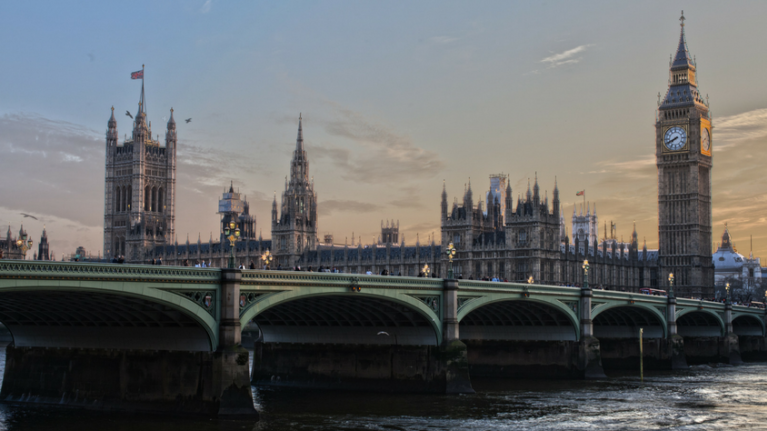
Peers have today called for the government to make sure that the new NICE End of life care for children with life-limiting conditions guideline is implemented fully and consistently.
Today’s lively debate arose from an oral question from Baroness Walmsley (Liberal Democrat), following a meeting with Together for Short Lives, and highlighted the breadth of support required for all children with life-limiting conditions to have equal access to children’s palliative care.
Together for Short Lives provided a briefing for all peers ahead of the debate.
Baroness Walmsley asked the government:
“How they intend to implement the NICE guideline End of life care for infants, children and young people with life-limiting conditions: planning and management.”
In response, Health Minister Lord O’Shaughnessy said that the guideline will help to provide high quality, compassionate children’s palliative care and responsibility for implementing them falls with local clinical commissioning groups (CCGs).
Baroness Jolly (Liberal Democrat) asked whether the government has considered the cost savings that CCGs across England could make if they implemented the guideline in full. NICE calculates that by investing £12.7million in implementing the guidance, non-cash savings worth £34.7million would be released back into the NHS in England.
Responding, the Minister said that he encouraged CCGs to use NICE’s resource impact tool, which enables them to calculate the investment and savings they would make by implementing the guideline.
Baroness Finlay (Crossbench) emphasised the importance of families’ experience of care and of bereavement support for the whole family.
Lord Howarth (Labour) said that there can be no excuse for any child in the UK having to experience palliative care and highlighted research by Together for Short Lives and by the Royal College of Paediatric and Child Health to support his point. He asked whether the Health Secretary will use his authority to make sure that the guideline are implemented fully and consistently. He also questioned whether there were enough skilled professionals in place to implement the guideline.
In response, the Minister said that he believed progress has been made in children’s palliative care over the past few years and that he is encouraged to see Health Education England including end of life care in their training programmes.
The Lord Bishop of Peterborough asked whether the Department of Health will match the Scottish Government’s pledge to provide 50% of the funding for children’s hospices in Scotland. He cited research from Together for Short Lives which shows that hospices in England receive just 22% of their funding from statutory sources.
The Minister replied that he is aware of this commitment from the Scottish Government and said that he hoped CCGs will be able to invest in children’s palliative care as a result of increased real terms funding for the NHS.
Finally, Lord Hunt of Kings Heath (Labour) said that research shows the guideline is not yet being implemented. He asked, ‘what is the point in NICE guidelines if we can’t be assured they will be implemented?’
Lord O’Shaughnessy responded that NICE guidelines are non-mandatory and that it is down to the clinical judgement of CCGs to ensure the provision of high quality children’s palliative care.
We are very grateful to Baroness Walmsley for asking this question and prompting debate within the House of Lords. We will follow up with the Minister on the issues raised and continue to press for the implementation of this important guideline.
